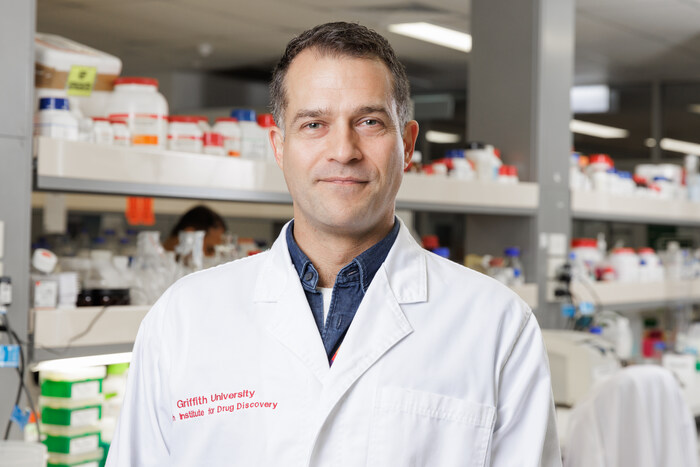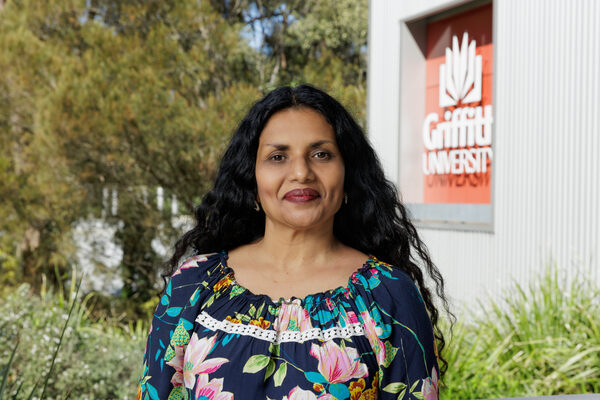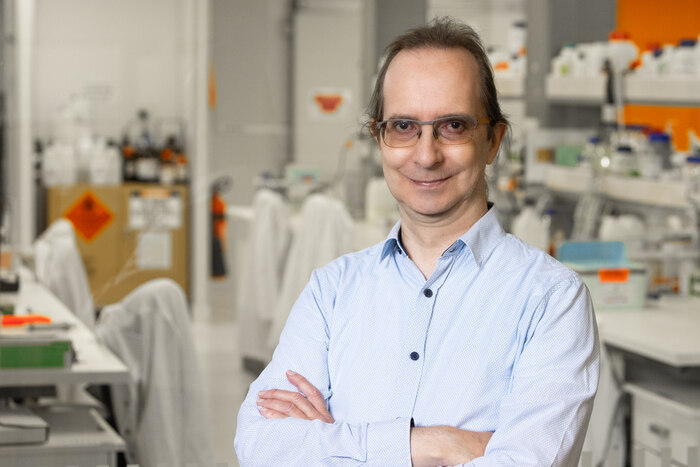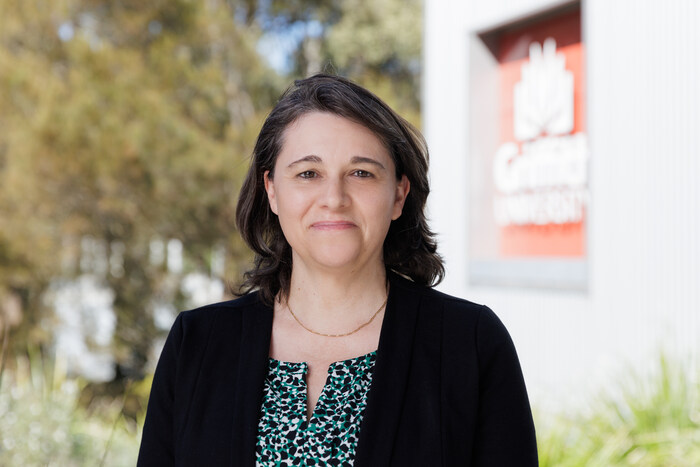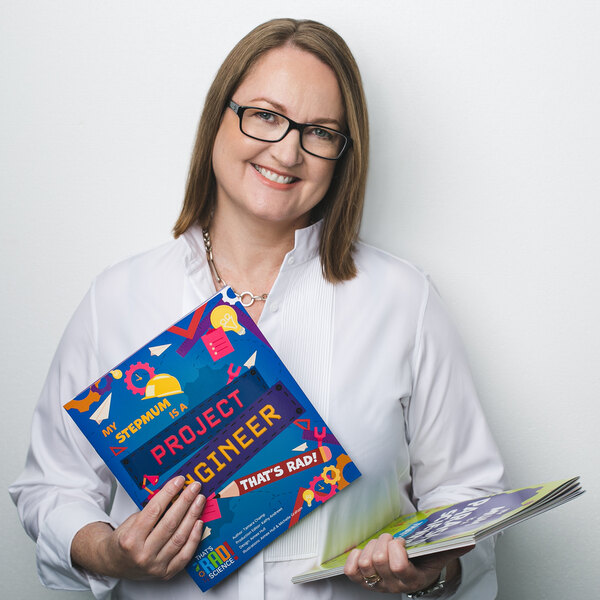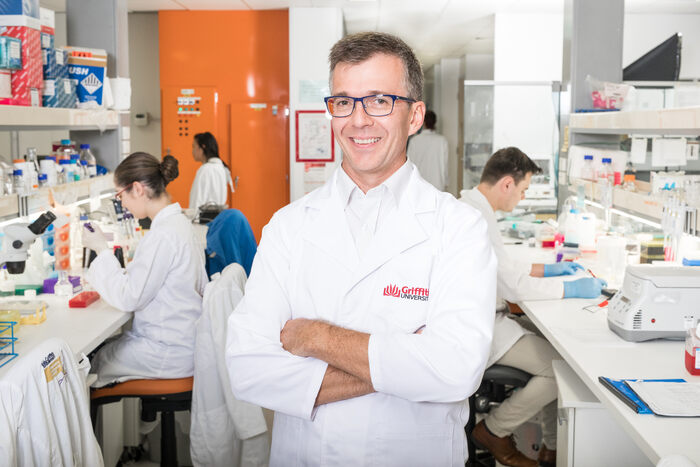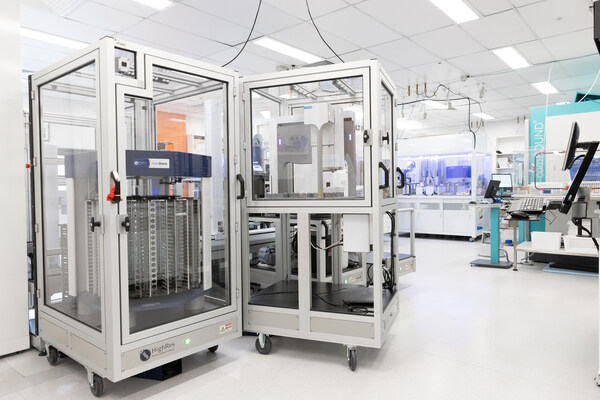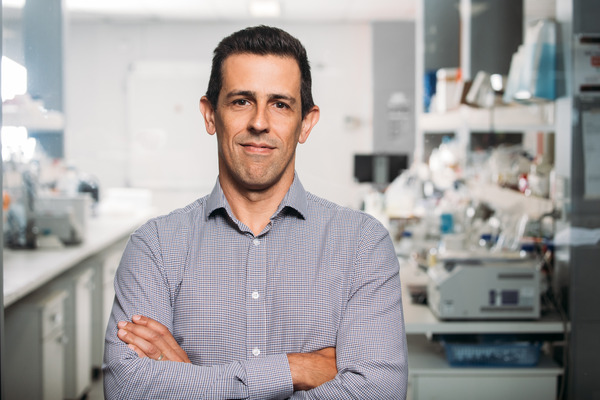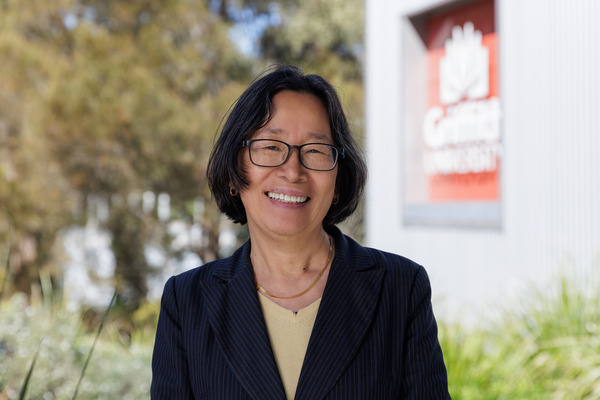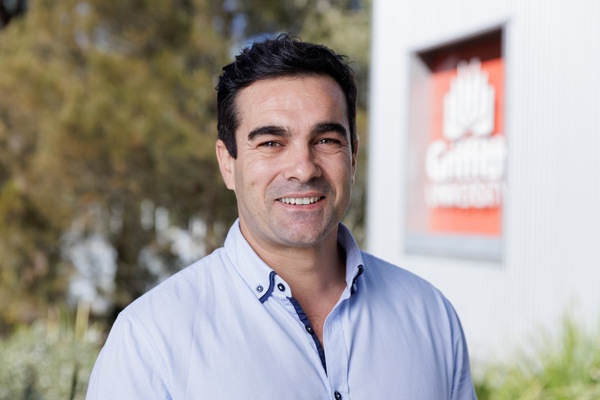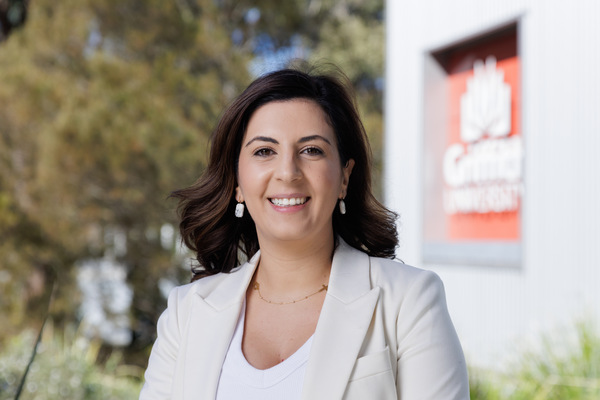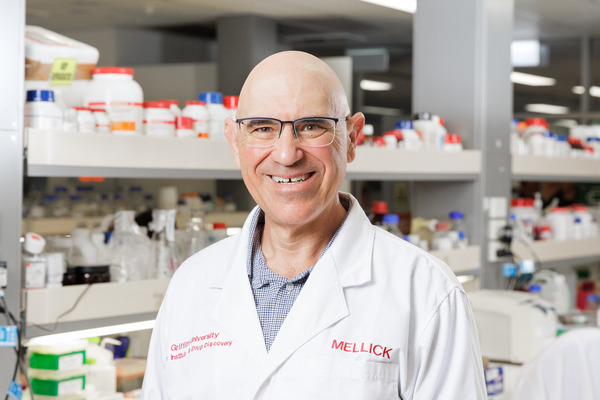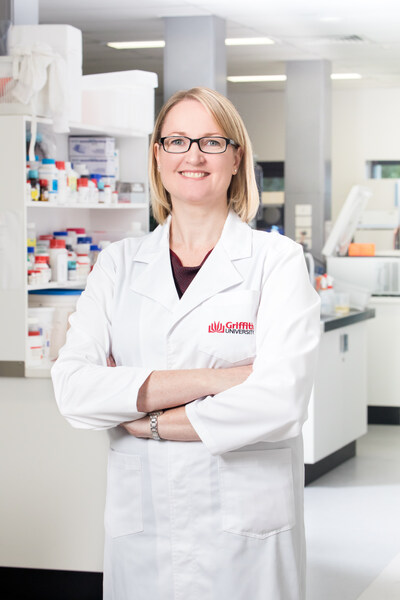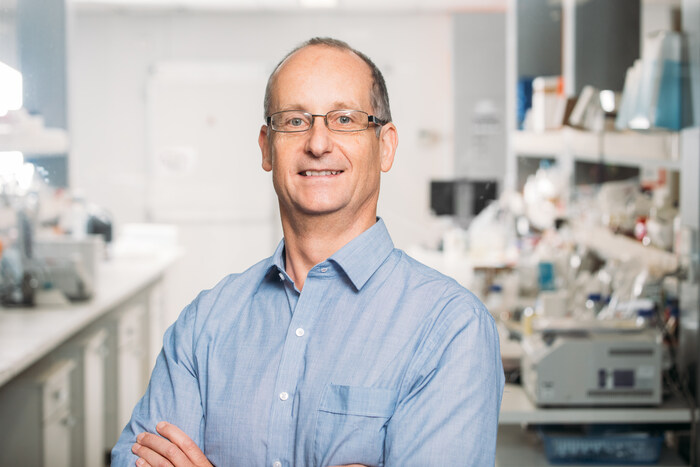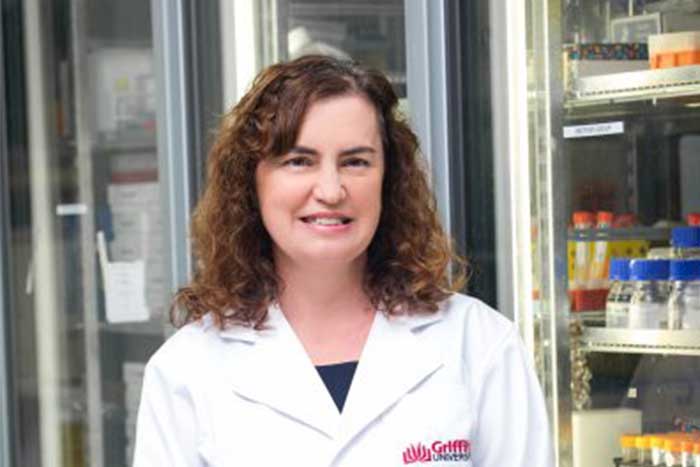Nature is a valuable source of chemical diversity that scientists can tap into to generate useful applications across the health and agriculture sectors.
Most of us are aware of how Australia has a large variety of plant and animal life. However, not many of us relate this to chemical diversity – each plant or animal has the potential to produce unique chemicals, known as natural products, that can be developed into new drugs, animal health products, agrichemicals, food ingredients or additives, nutraceuticals, cosmeceuticals and other industry applications.
The Davis Group, led by Associate Professor Rohan Davis at the Griffith Institute for Drug Discovery, Griffith University, specialise in the purification and identification of natural products, allowing them to be used for a range of applications. To date, the Davis Group have obtained more than 1000 natural products from plant, marine and microbial sources.
Assoc. Prof. Davis is the Manager of NatureBank, a unique collection of samples from Australian plants and marine invertebrates. These samples have been processed into two libraries of extracts (crude mixtures of natural products) and fractions (semi-purified mixtures of natural products). Scientists can test these samples in various biological screens, and if they discover one of interest, can collaborate with the Davis Group to separate out and identify the biologically active natural products.
For example, a collaboration with researchers from the University of Melbourne led to the Davis Group identifying three natural products from a Great Barrier Reef marine sponge. These natural products were found to have biological activity against parasitic nematodes that can affect the health and well-being of sheep and cattle and cause substantial economic losses to the livestock industry.
“We screened the NatureBank marine extract library (>7000 samples) against the barber’s pole worm – a socioeconomically important parasitic nematode of livestock animals – and discovered a number of new compounds with promising activity. This is a solid and exciting collaboration that we hope will ultimately impact chemical biology research and drug discovery,” said Professor Robin Gasser from the University of Melbourne.
Such projects have also allowed the Davis Group to build the ‘Davis Open Access Natural Product-Based Library’, a collection of pure natural products, semi-synthetic natural product analogues and synthetic compounds inspired by natural products that can also be analysed using a range of biological screens.
For example, researchers from the University of Adelaide and Flinders University, South Australia, identified that two of the library compounds, xanthurenic acid and caelestine C, block the spread of glioblastoma cells. Glioblastoma is among the deadliest of human cancers, and is the most frequently occurring type of brain tumour. It spreads rapidly through the brain and sufferers have a poor median survival time, typically 12–14 months following diagnosis. Current treatments for glioblastoma have limited therapeutic benefits.
In another collaboration with researchers from the Wistar Institute (USA)and the University of Papua New Guinea, the Davis Library was screened against SARS-CoV-2 to identify potential new antiviral drugs, with three compounds identified as being potent and selective inhibitors of the virus that causes COVID-19.
“The Davis Open Access Natural Product-Based Library has provided us with unique compounds that we are using to discover new chemical leads against HIV and SARS-CoV-2; to date we have already published two papers together and are preparing others. These compounds have allowed us to better understand molecular mechanisms of viral replication and cellular responses, which would not have been possible without our collaboration with Assoc. Prof. Davis,” said Professor Ian Tietjen, The Wistar Institute, USA.
Further investigation and development of the biologically active compounds identified using NatureBank and the Davis Open Access Natural Product-Based Library has high potential to provide us with new drug candidates and a better understanding of the biological processes behind the diseases examined. In future, these collections are also highly likely to provide further promising natural compounds for a range of applications.
Associate Professor Davis and his team are open to collaborations with industry and academic groups. NatureBank and the Davis Open Access Natural Product-Based Library can be accessed by contacting Associate Professor Davis.
To learn more about Associate Professor Davis’ research and his contact details:
We are very grateful for any individual or corporate donations and bequests to help us take our research forward. To contribute to GRIDD’s ground-breaking research please find more information here:
Through the GRIDD Director’s Circle you can also help provide career and personal development opportunities for GRIDD’s students and early career researchers.
To keep up to date with developments at GRIDD:
Sustainable Development Goals
Griffith University is aligned with the United Nation’s Sustainable Development Goals (SDGs) and is committed to tackling global challenges around good health and well-being (SDG 3) and partnerships for the goals (SDG 17).
